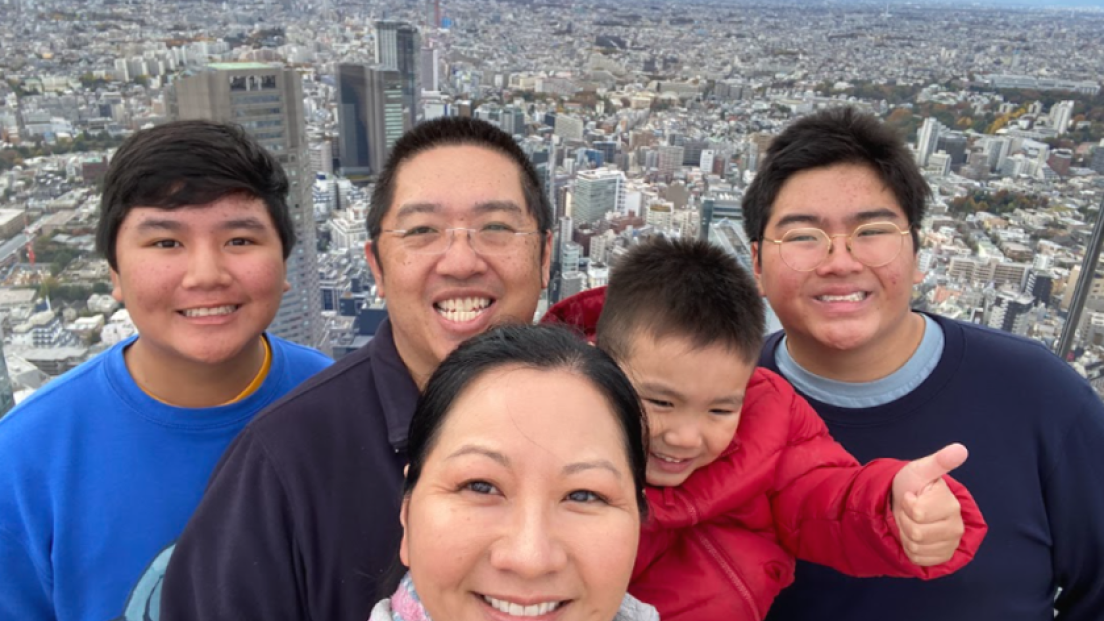Autistic people are a diverse group and are capable of doing any job advertised in Australia.
Despite this, Autistic people continue to face significant barriers to employment. The unemployment rate for Autistic Australians is 18.2% — more than double that of people with disability and nearly six times higher than the general population (ABS, 2022). Many more are underemployed, working below their skill level or capacity.
Traditional recruitment methods like face-to-face interviews are a major barrier to employment for Autistic candidates who can be disadvantaged by:
- Vague job descriptions that make it hard to understand what’s really expected.
- Interviews that prioritise on the spot social communication fluency over job-relevant skills and capabilities and allow bias and discrimination.
- Limited opportunities to practically demonstrate strengths, such as through work samples or task-based assessments.
One simple adjustment, rethinking how interviews are done, can make a big difference.
Traditional interviews
Research conducted by Jobs and Skills Australia found that 67% of employers preferred conventional recruitment processes with in-person Interviews still the most preferred approach to assess a candidate’s suitability for a role1, but in reality, traditional interviews tend to measure a narrow set of skills and not always the ones most relevant to job performance.
What interviews usually assess and why it can be a problem:
- Social communication – Face-to-face interviews often focus on social communication like eye contact, small talk, and reading social cues, which aren’t always relevant to the job itself. For candidates who communicate differently, especially in unfamiliar or sensory-heavy environments, this can slow down their responses and increase anxiety.
- Confidence and self-presentation – how polished or outgoing someone seems. This can overlook quieter candidates who have strong skills but express themselves differently.
- Thinking on the spot – answering unexpected questions quickly. This can be hard for people who need time to process or prefer structured communication.
- Cultural fit – Hiring for 'cultural fit' often prioritises personality and perceived likability over capability, reinforcing sameness and informal social norms. This undermines diversity, creativity, and representation, making it a vague and potentially exclusionary shortcut in recruitment.
One simple change you can make: Providing interview questions ahead of time
There are a number of strategies that help support inclusive interview experiences, including visual stories to share expectations, use of inclusion statements, sensory friendly spaces, varied assessment methodology and clear ‘a day in the life of..’ job descriptions.
One other change can make all the difference, not only for Autistic candidates but lots of other candidates too. Sharing interview questions in advance gives all candidates time to prepare, reduces anxiety, and allows everyone the opportunity to show their true strengths.
It’s a small step that makes interviews more equitable, leading to better hiring decisions. The benefits of providing question in advance include:
1. Reduces Anxiety and Cognitive Load
Interviews can be stressful for anyone, but for Autistic candidates, the pressure of unpredictability can be overwhelming. Advance access to questions helps reduce this anxiety by removing the element of surprise. It allows candidates to focus on showcasing their skills rather than managing their stress.
2. Supports Executive Functioning Differences
Executive functioning challenges can affect planning, organising thoughts, and initiating responses. These are common for Autistic and neurodivergent people. When candidates receive questions ahead of time, they can prepare structured responses and rehearse examples.
3. Encourages Authentic Responses
Spontaneous verbal communication isn’t everyone’s strength. Some candidates may struggle to articulate their thoughts clearly under pressure, even if they’re highly capable. Advance questions give them time to reflect and respond authentically, which means you get a more accurate picture of their true potential.
4. Levels the Playing Field
Neurotypical candidates often intuitively understand the “unwritten rules” of interviews. For example, what kind of answers are expected, the right amount of detail, how to read social cues, and how to self-promote. Neurodivergent candidates may not. Sharing questions in advance makes expectations explicit and ensures a fairer, more transparent process for everyone.
5. Accommodates Diverse Communication Styles
Not everyone communicates best in the same way. Autistic and neurodivergent individuals may prefer written preparation, visual aids, or assistive technologies. Advance questions allow candidates to prepare using their preferred methods, leading to clearer, more confident communication during the interview.
6. Respects Fluctuating Energy and Capacity
Autistic people can experience fluctuating energy levels. On a low-energy day, spontaneous thinking and verbal fluency may be harder to access. Advance preparation allows candidates to do the cognitive work ahead of time, so they can still present their best selves, even if their energy is low on the day.
7. Demonstrates an Inclusive Culture
Offering interview questions in advance sends a clear message: your organisation values equity. It builds trust with candidates and shows that you’re willing to adapt traditional processes to support diverse talent.
Aspect's experience
Aspect's recruitment strategy centres on meeting candidates where they are by providing a range of accommodations during the process to ensure people can feel relaxed and be their authentic selves. Some examples (many of which have low barriers to entry for implementation) include:
- Structured and transparent processes - providing clear timelines and expectations to help candidates navigate the recruitment process more effectively
- Offering tailored communication options for candidates to choose from at the outset of the recruitment journey i.e. communication via phone, text or email (or a combination)
- Aspect uses Sapia.ai to replace first round interviews for Teacher, Teacher’s Aide and Support Worker roles to offer chat-based interviews that are untimed and can be completed at the candidate's leisure – ensuring an engaging (and less stressful) candidate experience
- Sharing interview questions with candidates in advance of the interview supporting preparation and predictability, allowing them the best opportunity to present their authentic selves
- Encouraging candidates to bring notes to interviews to refer to if helped and needed
- We design our interview experience to proactively include a range of common accommodations, aiming to create a welcoming and supportive environment for all candidates. We invite candidates to let us know in advance if there are any specific accommodations or supports that would help them feel more comfortable and confident during the interview
- Using visual stories to show candidates how to locate interview location and who they are meeting with
- The use of an inclusion statement in recruitment communication workflows and in interviews to let candidates know (and continually reinforce) it is ok and safe to be themselves and use any strategies required to support their participation (e.g. walk around, fidget, take breaks and anything else they need to do to feel comfortable)
- Ensuring interview settings are optimised for candidates, including appropriate lighting, minimal noise and interruptions
- All candidates, regardless of the outcome of their application will receive communication from Aspect to ‘close the loop’ on the process.
Over the last 12 months, the introduction of our autism friendly hiring practices has shown clear tangible benefits for Aspect:
- The percentage of offers declined is consistently in the single digits, indicating that candidates develop a strong affinity with our brand during the recruitment process
- Aspect’s rate of employee referral has risen sharply over the last 12 months, resulting in more effective, and ‘stickier’ hiring, indicating the employees feel a sense of belonging and are happy to recommend us as an employer
- Initial candidate satisfaction scores following the launch of Sapia.ai are sitting around the 90% mark consistently, meaning candidates are typically having a great experience during the recruitment process, irrespective of the outcome
- Anecdotal feedback from both Autistic and non-Autistic candidates has been overwhelmingly positive with respect to receiving interview questions in advance; this is still a far from common practice and remains a positive point of difference for employers. Recent comments from candidates include:

Aspect's approach to inclusive hiring
Conclusion
Inclusive hiring opens doors to skilled, capable people who may be overlooked by traditional recruitment approaches, including Autistic and neurodivergent candidates, people with disabilities, and those from culturally and linguistically diverse backgrounds.
We need to remove barriers that prevent people from confidently showing what they can do. One simple, cost-free change you can make is to share the interview questions ahead of time. This small adjustment makes interviews fairer and more accessible, helping all candidates prepare in ways that reflect their strengths and communication styles.
If your organisation is serious about inclusion, this is a great place to start.
By embedding equity into recruitment, we make fair and meaningful employment opportunities accessible for everyone.

Get in touch
This blog was co-authored by:
- Kristy Kelly - Autism Friendly Employment Manager
- Tom Tutton - Head of Autism Friendly
- David Dunne - Senior Manager - Workforce Service & Systems
- Rebecca Street - Autistic Consultant



